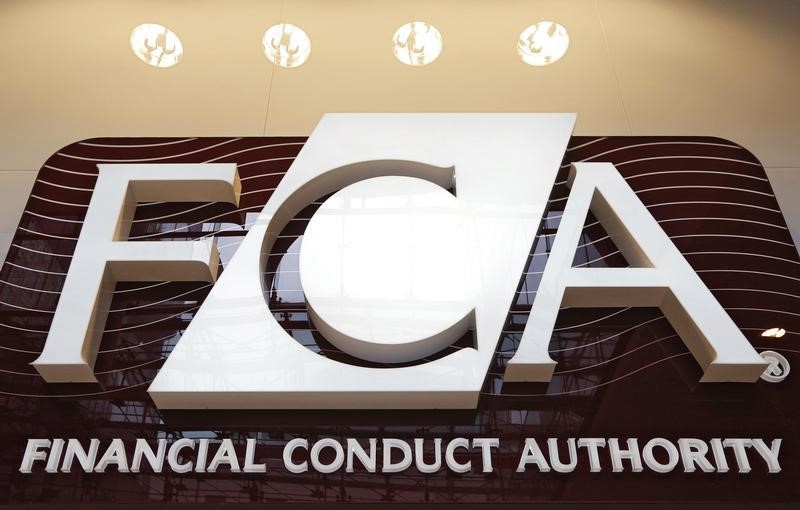By Kirstin Ridley
LONDON (Reuters) - Britain's markets regulator is seeking to ban a former Barclays (L:BARC) executive from holding senior financial services jobs, alleging he recklessly made misleading statements about a critical 2012 report into the culture of a U.S. division unit.
The Financial Conduct Authority (FCA) alleged Andrew Tinney, the former global chief operating officer of Barclays' wealth and investment management division, did not circulate a report from consultants, which said the bank's U.S. wealth unit had a "high risk" culture that was "actively hostile to compliance".
Tinney, who was suspended in late 2012 before resigning the following year, denies the allegations and has referred the FCA decision to the Upper Tribunal, a body that hears challenges to regulatory notices.
"I do not accept that any of my actions can be construed as misconduct and ... I look forward to finishing the job of clearing my good name in the Upper Tribunal," he said in an emailed statement on Wednesday.
The dispute hinges on how Tinney described a culture audit of the Barclays Wealth Americas (BWA) unit and whether he should have brought it to the attention of the bank's management and the Federal Reserve Bank of New York as Barclays battled to restore public trust in the wake of the Libor scandal in 2012.
"REVENUE AT ALL COSTS"
The FCA said Tinney was appointed chairman of a steering committee in early 2012, which was tasked with overseeing a program to rectify "regulatory deficiencies" at BWA.
Tinney hired a consultancy to examine the culture at BWA, which produced a 29-page report that it delivered to Tinney's home address in March, 2012.
The FCA said the report included statements and quotes from interviews of employees who were "highly critical" of some senior BWA managers and expressed an opinion that BWA pursued a course of "revenue at all costs". Tinney was not mentioned.
After discussing its contents with his manager, the FCA alleged Tinney ensured the report would not be seen or made available to others, did not add it to company records and told the consultancy it did not need to circulate a copy.
But in September 2012, three months after the bank was fined $453 million for Libor interest rate rigging and had launched an independent review of business practices, a whistleblower anonymously emailed the firm's chairman to allege that a "wealth cultural audit report" had been suppressed.
The FCA alleged Tinney was reckless when contributing to a draft note about the email because he did not mention the report. At one stage, he had added the words: "There has never been a 'Wealth Cultural Audit Report' produced at any time".
He also initially failed to mention the report after Barclays received a request from the New York Federal Reserve for a copy of the BWA "cultural audit", according to the FCA.
The FCA conceded Tinney had put in place briefings and a workshop to address criticisms in the report. But it said he "recklessly made misleading statements and omissions" to colleagues about the report's nature and existence and that he lacked integrity.
In Tinney's response, attached to the allegations outlined in the public statement, he alleged that the report he had commissioned contained identifiable quotes from staff, which carried a litigation risk, that he had no motive to conceal the report and did not think either the anonymous email or the New York Fed were referring to that report.

The regulator is not seeking to fine Tinney, partly because he did not personally profit from his alleged misconduct, his actions did not cause a loss to customers or investors and the period over which the events unfolded was brief.